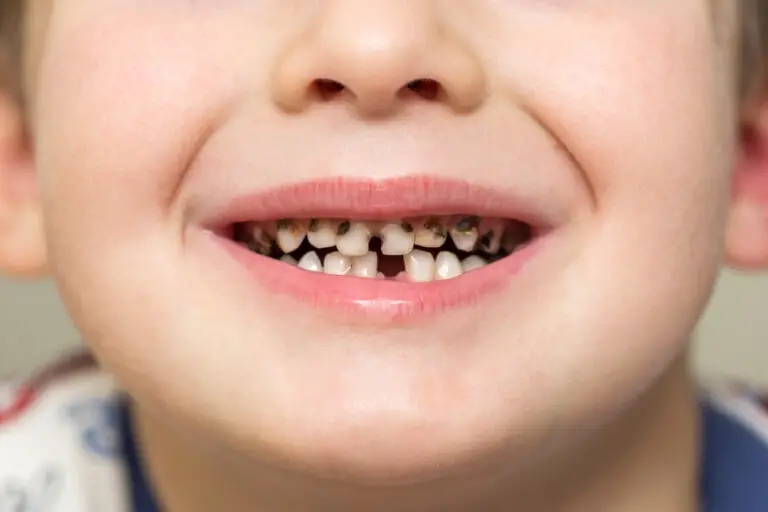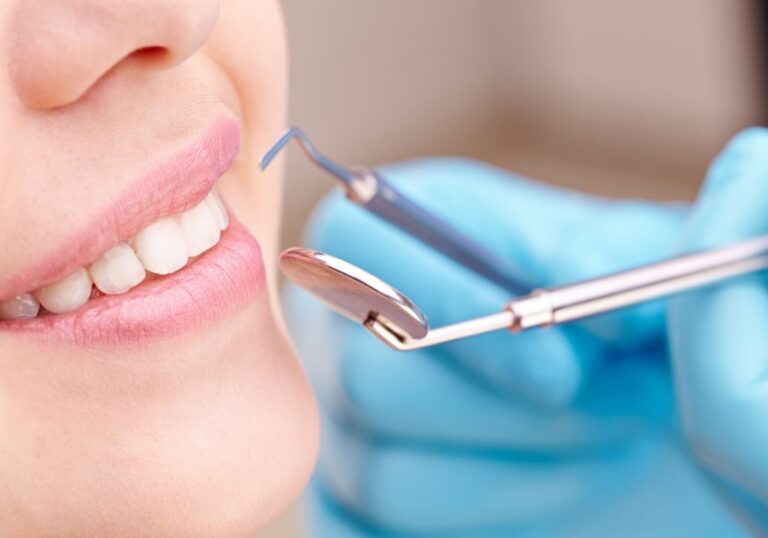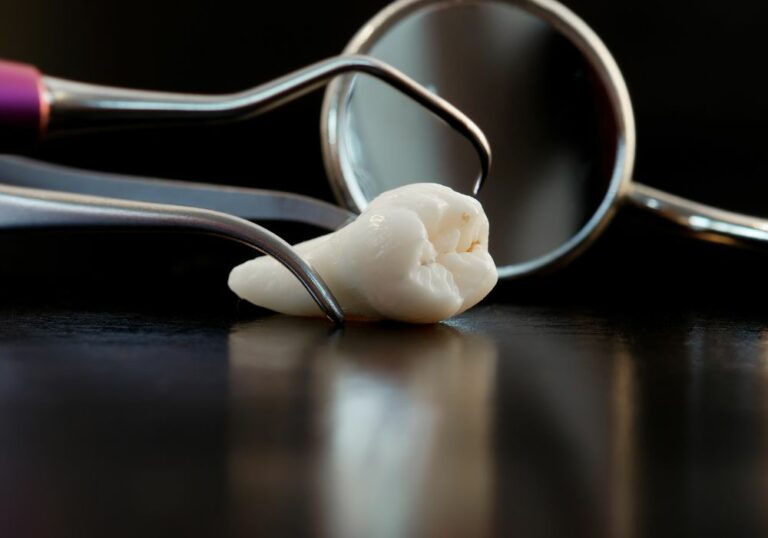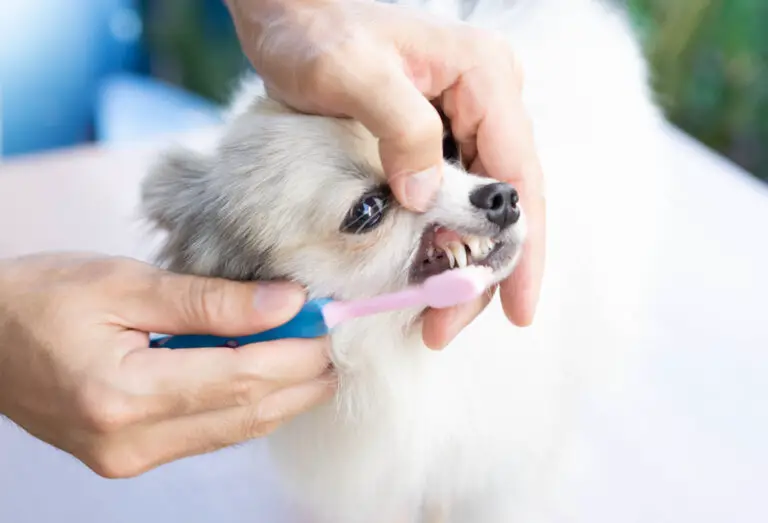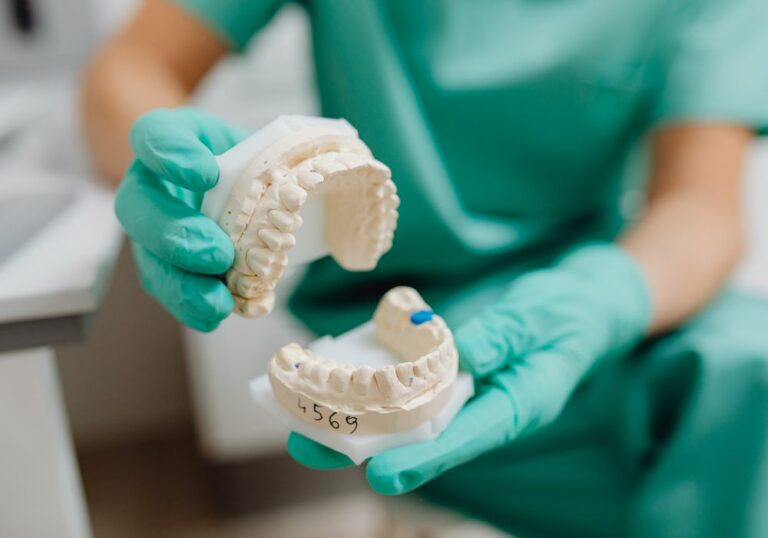Are you wondering whether you can brush your teeth 48 hours after wisdom teeth removal? It’s a common question that many people have after undergoing this procedure. While it’s important to take care of your oral hygiene, it’s also crucial to follow the proper post-operative instructions to ensure proper healing. This article will provide you with the information you need to know about brushing your teeth after wisdom teeth removal.
According to dental professionals, it is safe to brush your teeth after wisdom teeth removal, but it’s important to do so gently. Avoid brushing the area of extraction until it has fully healed. Instead, focus on brushing your other teeth and gums to maintain good oral hygiene. Additionally, you may need to use an antiseptic mouthwash to help prevent infection and promote healing. In this article, we’ll discuss the best practices for brushing your teeth after wisdom teeth removal to help you maintain good oral health while you recover.
Understanding Wisdom Teeth Removal
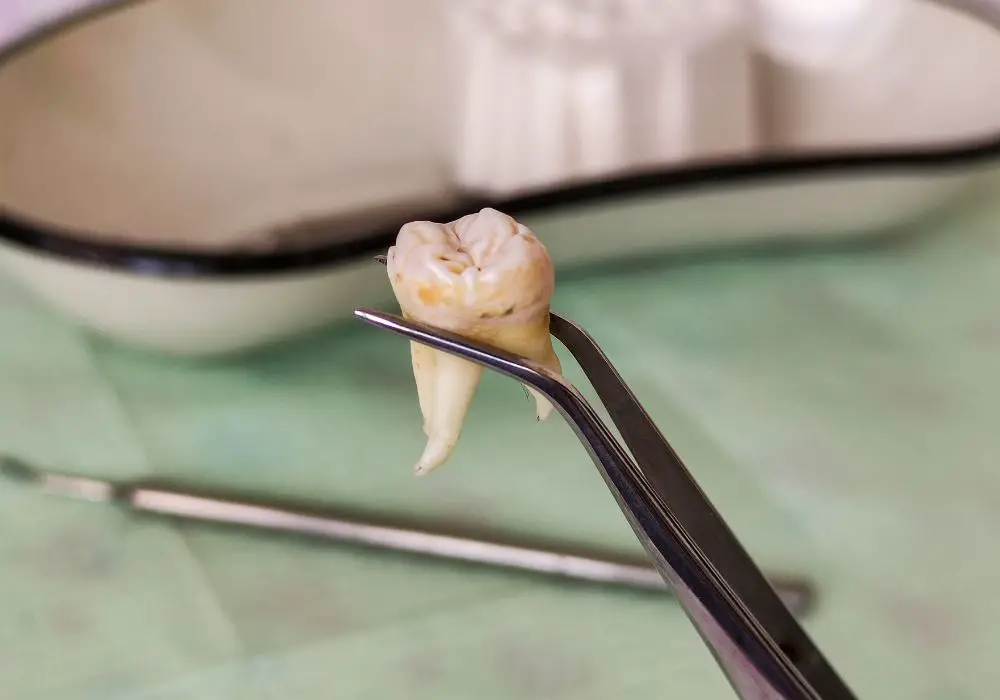
If you are experiencing pain and discomfort in your mouth, it could be a sign that your wisdom teeth need to be removed. Wisdom teeth are the last set of molars that grow at the back of your mouth, and they usually emerge between the ages of 17 and 25. While many people have no problems with their wisdom teeth, others experience pain, swelling, and infection.
Wisdom teeth removal is a common procedure that involves extracting one or more of your wisdom teeth. The procedure is usually performed by an oral surgeon or a dentist. Before the procedure, you will receive anesthesia to numb the area around your teeth and to help you relax. Depending on the complexity of the extraction, you may receive local anesthesia, sedation, or general anesthesia.
After the procedure, you will need to follow certain guidelines to ensure that your mouth heals properly. You should avoid smoking, drinking through a straw, and eating hard or crunchy foods for at least 48 hours after the extraction. You should also brush your teeth gently with a soft-bristled toothbrush, being careful to avoid the extraction site.
If you experience bleeding when brushing your teeth, take a 2 x 2 compress and gently bite down on it for a few minutes. It is also important to consume soft foods that don’t require a lot of chewing to avoid damaging the extraction site. The force of chewing or biting down can cause a blood clot within the wound, which can lead to oral health problems.
In summary, wisdom teeth removal is a common procedure that can help alleviate pain and discomfort in your mouth. After the procedure, it is important to follow your dentist’s instructions to ensure that your mouth heals properly. By avoiding hard or crunchy foods, smoking, and using a straw, and brushing your teeth gently with a soft-bristled toothbrush, you can help prevent complications and promote healing.
The 48 Hour Post-Surgery Period
If you’ve just had your wisdom teeth removed, you’re probably wondering when you can start brushing your teeth again. While it’s important to keep your mouth clean to prevent infection, you also need to be careful not to disrupt the healing process. Here’s what you need to know about brushing your teeth after wisdom teeth removal.
Healing Process
The first 48 hours after surgery are crucial for the healing process. During this time, your body is working hard to form a blood clot over the extraction site, which will protect the wound and allow it to heal. If you disturb this blood clot, you could experience bleeding, pain, and delayed healing.
To help the healing process, it’s important to follow your dentist’s instructions carefully. Here are some general guidelines for the first 48 hours after surgery:
- Avoid rinsing your mouth vigorously or spitting forcefully, as this can dislodge the blood clot.
- Don’t use a straw, as the suction can also dislodge the blood clot.
- Avoid smoking, as this can delay healing and increase the risk of infection.
- Stick to soft foods and avoid crunchy, spicy, or acidic foods that could irritate the extraction site.
- Use an ice pack to reduce swelling and discomfort.
Pain Management
It’s normal to experience some pain and discomfort after wisdom teeth removal. Your dentist may prescribe pain medication to help manage your symptoms. However, it’s important to follow the dosage instructions carefully and not to exceed the recommended dose.
In addition to pain medication, there are other steps you can take to manage your pain and discomfort:
- Apply an ice pack to your cheek for 10-20 minutes at a time, several times a day.
- Use a warm compress to help soothe sore muscles and joints.
- Stay hydrated and drink plenty of water to help flush out toxins and reduce inflammation.
- Get plenty of rest and avoid strenuous activity for the first few days after surgery.
By following these guidelines, you can help ensure a smooth and speedy recovery after wisdom teeth removal. Remember, if you have any concerns or questions, don’t hesitate to contact your dentist for advice.
Oral Hygiene After Wisdom Teeth Removal
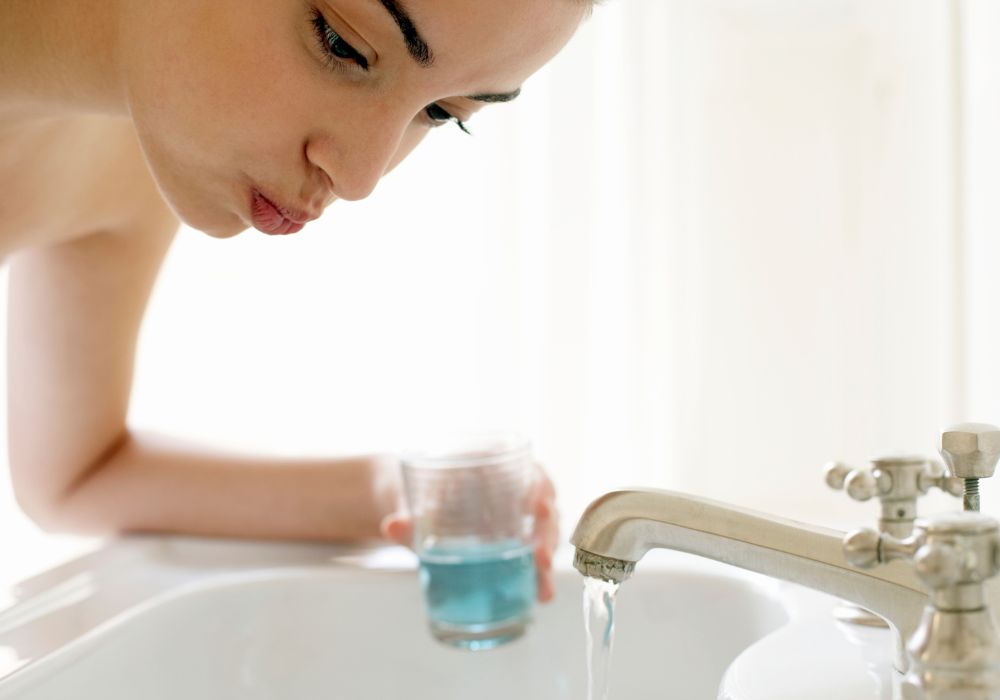
After wisdom teeth removal, it is important to maintain good oral hygiene to prevent infection and promote healing. Here are some recommended practices and things to avoid when it comes to oral hygiene after wisdom teeth removal.
Recommended Practices
- Brush your teeth gently using a soft-bristled toothbrush after 24 hours. Avoid brushing the area of extraction until it is completely healed.
- Rinse your mouth gently with warm salt water after meals and before bed. Mix 1/2 teaspoon of salt in a cup of warm water and swish it in your mouth for 30 seconds before spitting it out.
- Use an antiseptic mouthwash as directed by your dentist to help prevent infection.
- Apply a cold compress to your outer jaw and neck for 15-20 minutes at a time, 2-4 times per day to reduce inflammation and pain.
- Eat soft foods and avoid hard, crunchy, or sticky foods that may irritate the extraction site.
- Drink plenty of fluids to stay hydrated.
Things to Avoid
- Avoid smoking or using tobacco products for at least 72 hours after surgery as it can delay healing and increase the risk of infection.
- Do not use a straw for the first few days as the sucking motion can dislodge the blood clot and delay healing.
- Avoid alcohol, carbonated drinks, and hot beverages for the first 24 hours as they can irritate the extraction site and cause bleeding.
- Do not rinse your mouth vigorously or spit forcefully for the first 24 hours as it can dislodge the blood clot and delay healing.
- Do not touch the extraction site with your fingers or tongue as it can introduce bacteria and delay healing.
By following these recommended practices and avoiding these things, you can help promote healing and prevent infection after wisdom teeth removal. If you have any questions or concerns, be sure to consult with your dentist.
Brushing Teeth After Wisdom Teeth Removal
If you have recently undergone wisdom teeth removal, you might be wondering when you can start brushing your teeth again. Brushing your teeth is an essential part of maintaining good oral hygiene, but it’s important to do it safely after surgery to avoid any complications. In this section, we will discuss when you can start brushing your teeth and how to do it safely.
When to Start
After wisdom teeth removal, you should wait at least 24 hours before brushing your teeth. This will give the blood clot time to form and help prevent any bleeding or infection. After 24 hours, you can gently rinse your mouth with warm salt water and brush your teeth, but take special care to avoid the stitched area. You can start brushing your teeth normally 72 hours after the wisdom teeth are removed. You should still avoid brushing too close to the removal area since it is still healing.
How to Do It Safely
When brushing your teeth after wisdom teeth removal, it’s important to do it gently and avoid any aggressive brushing. Here are some tips to help you brush your teeth safely:
- Use a soft-bristled toothbrush to avoid irritating the extraction site.
- Brush your teeth gently and avoid any aggressive brushing.
- Avoid brushing the area of extraction until it’s completely healed.
- Use an antiseptic mouthwash to help prevent infection.
- If there is bleeding when brushing your teeth, take a 2 x 2 compress and gently bite down on it for a few minutes.
In addition to brushing your teeth, you should also continue to floss regularly. Flossing can help remove any food particles that may be stuck in your teeth and prevent infection. However, avoid flossing too close to the extraction site until it’s completely healed.
In summary, brushing your teeth after wisdom teeth removal is important for maintaining good oral hygiene. You should wait at least 24 hours before brushing your teeth and start brushing normally 72 hours after the wisdom teeth are removed. When brushing your teeth, do it gently and avoid any aggressive brushing. Use an antiseptic mouthwash to help prevent infection, and continue to floss regularly.
Potential Risks and Complications
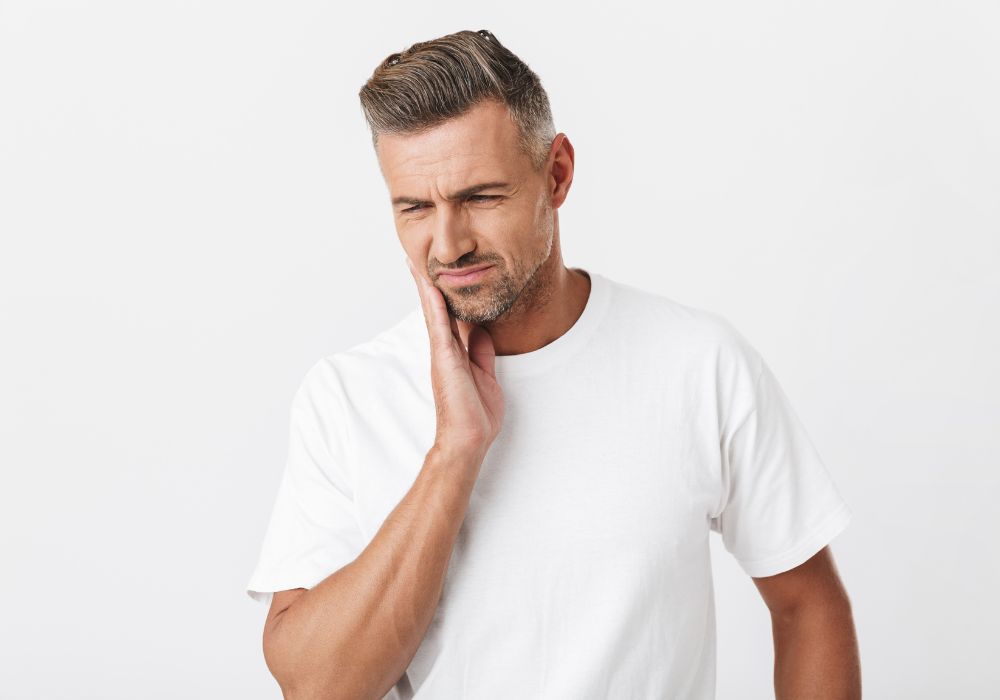
After a wisdom teeth removal, it is essential to take care of your mouth properly to avoid any potential risks or complications. Here are some of the risks and complications that you should be aware of:
Infection
Infection is one of the most common risks associated with wisdom teeth removal. If you do not take proper care of your mouth after the surgery, bacteria can easily enter the extraction site and cause an infection. Symptoms of an infection include fever, severe pain, swelling, and discharge from the extraction site.
To prevent infection, make sure you follow your dentist’s instructions carefully. Avoid touching the extraction site with your fingers or tongue, and rinse your mouth with warm salt water several times a day. If you notice any signs of infection, contact your dentist immediately.
Dry Socket
Dry socket is a painful condition that occurs when the blood clot that forms in the extraction site becomes dislodged or dissolves before the wound has healed. This can expose the underlying bone and nerves, causing severe pain and discomfort.
To prevent dry socket, avoid smoking, drinking through a straw, or spitting for at least 48 hours after the surgery. Also, avoid eating hard or crunchy foods that can dislodge the blood clot. If you experience severe pain or discomfort, contact your dentist immediately.
In conclusion, taking proper care of your mouth after wisdom teeth removal is crucial to prevent any potential risks or complications. By following your dentist’s instructions carefully and avoiding any activities that can dislodge the blood clot, you can ensure a smooth and comfortable recovery.
Contacting Your Oral Surgeon
If you have any concerns or questions about brushing your teeth after wisdom teeth removal, it is important to contact your oral surgeon. They can provide you with specific instructions based on your individual situation and the extent of your surgery.
Some reasons you may need to contact your oral surgeon include:
- Experiencing excessive bleeding or swelling
- Developing a fever or other signs of infection
- Noticing a bad taste or odor in your mouth
- Feeling severe pain or discomfort that is not relieved by pain medication
- Having difficulty opening your mouth or swallowing
Your oral surgeon may also provide you with additional instructions for brushing your teeth, such as using a special mouthwash or avoiding certain toothpaste ingredients. Following these instructions can help promote healing and prevent complications.
Remember to always follow your oral surgeon’s instructions carefully and reach out to them with any concerns or questions you may have.
Frequently Asked Questions
When can I spit after wisdom teeth removal?
You should avoid spitting for the first 24 hours after wisdom teeth removal to prevent dislodging the blood clot that forms in the socket. After 24 hours, you can gently spit, but be careful not to spit forcefully or excessively.
When can I drink water after wisdom teeth removal?
You can start drinking water after the first hour, but avoid using a straw for the first 24 hours as the suction can dislodge the blood clot and delay healing. Drink water slowly and avoid hot or cold beverages for the first few days.
When can I stop rinsing with salt water after wisdom tooth extraction?
You should rinse your mouth with warm salt water starting the day after surgery. Continue rinsing for at least a week or until your dentist or oral surgeon advises you to stop.
Can I use mouthwash after wisdom teeth removal?
Avoid using mouthwash for the first 24 hours after surgery. After that, you can use a gentle, alcohol-free mouthwash recommended by your dentist or oral surgeon.
How soon can you talk after wisdom teeth removal?
You can talk immediately after surgery, but your speech may be slurred or difficult to understand due to swelling and numbness. As the swelling subsides and feeling returns, your speech should improve.
When can I start using toothpaste after wisdom tooth extraction?
You can start brushing your teeth gently the day after surgery, but avoid brushing near the extraction site for the first few days. After that, you can start using toothpaste, but be gentle and avoid brushing too vigorously.

